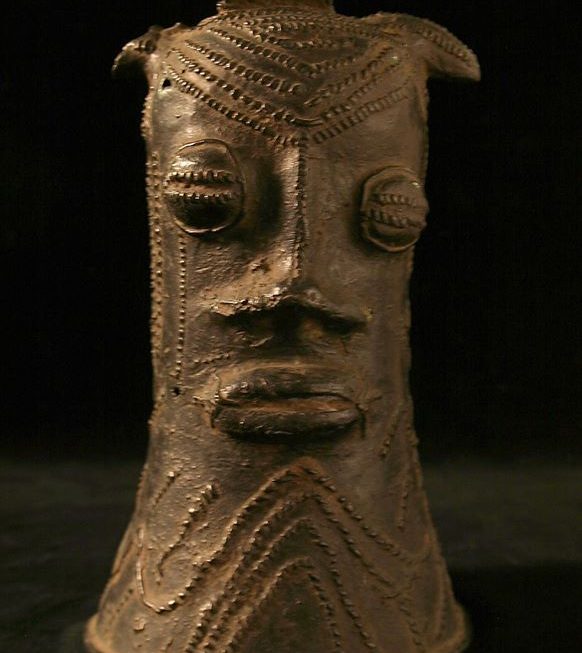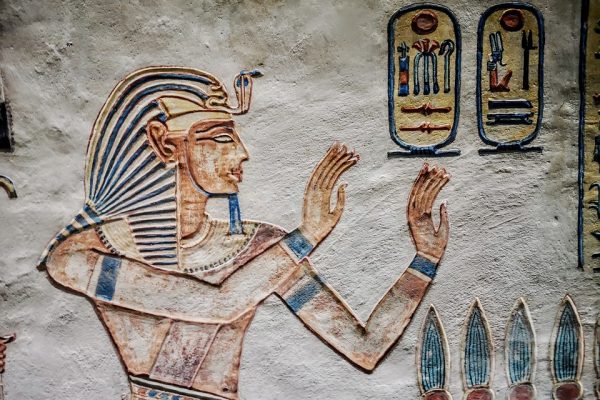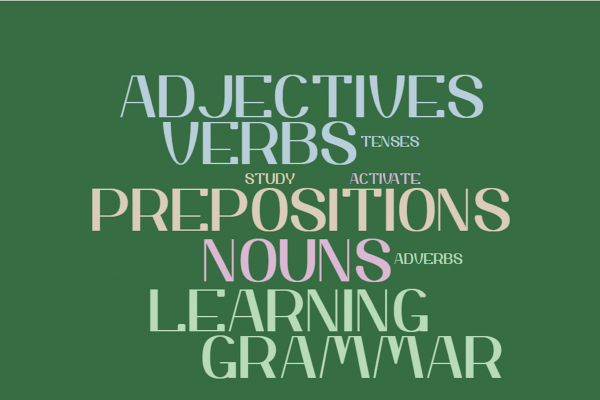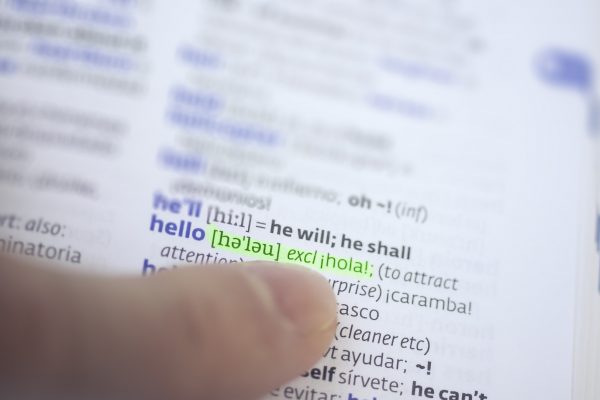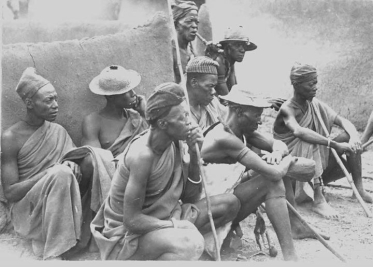Igala History: Áyẹ́gbà Ọma Ìdoko The biography of Àtá Áyẹ́gbà Ọma Ìdoko is anchored on both oral and written claims by different sources. Oral history has it that his mother was called Ífùnányá and that she hailed from Énúgu Ezìkè, an Ìgbò community across the eastern border where, for over five hundred years, the Igala have had a commanding presence. On his father’s side, he descended from the Àbùtù Ẹ̀jẹ̀ […]
Claims On Igala Origin
ORAL HISTORY The quest for Igala origins gained momentum when European explorers, missionaries and colonial administrators variously carried out investigations about the Igala people; and informants fed them with stories based on oral accounts, as follows: (a) Ígálámẹ̄la Clans According to oral history, the first Igala to arrive the coastal town of Idah were now the Ígálámẹ̄la, the Igala aborigines whose […]
Parts of Speech: Pronouns
Pronouns are words that can function by itself as a noun phrase and that refers either to the participants in the discourse (e.g., I, you ) or to someone or something mentioned elsewhere in the discourse (e.g., she, it, this ). In the Igala language, there are [insert text here]… NÀ ÒMÌ, U; ÙWẸ̀, Ẹ̀; ÀWÀ (à) or À; ÀMÀ, MÀ; I, ÒÑWÙ; ÑWU Sometimes, you choose not to mention nouns. Instead, you use other words in their places. Those ‘other words’ are […]
Igala Grammar: Homographs
In English language, two words are said to be ̀homographs’ if they are spelt the same way but have different meanings. In Igala speech, a single word, pronounced with different tone pitches, produces a set of homographs – words spelt the same way but vary in meanings; Example 1: From the unmarked word, ‘ọko,’ a speaker calls it using different tones; he can create three different words with three different meanings. ọ́kọ́ […]
Igala Rites – Ìchòlò Ígáláà
In the Igala culture, certain solemn ceremonies are performed during the year in the practice of the people’s traditional, ancestral religion, called Ògwùchẹ́kwọ̣̀. Traditional rites are performed during a variety of social events, such as marriage, child-naming, dedication, funeral activities, conferment of titles, appeasement of spiritual entities and during festivals scheduled for both the rainy season and the dry season. […]

